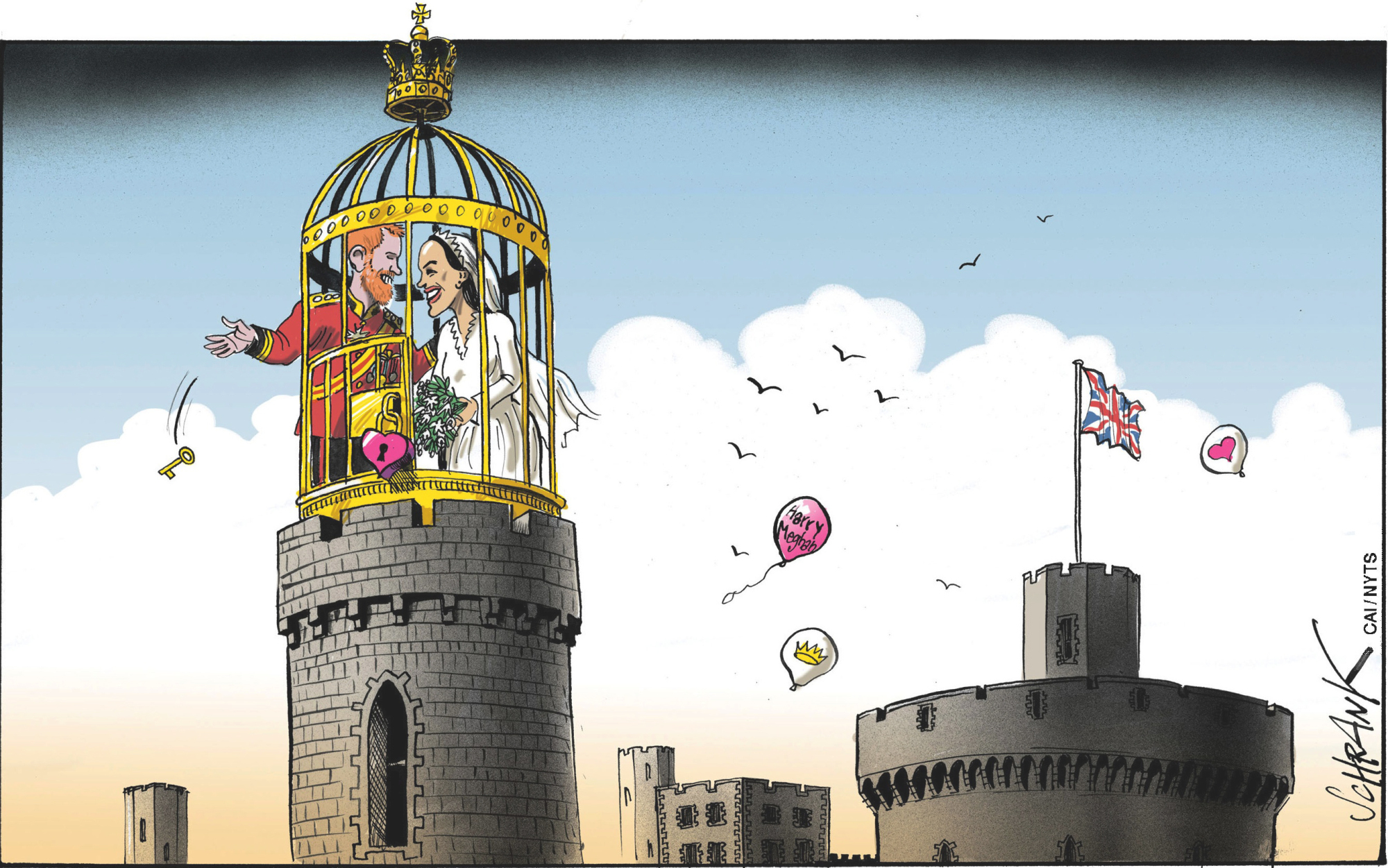In at least one thing, in its present time of troubles, the United Kingdom remains pre-eminent. At 92, Queen Elizabeth II is the longest-serving head in the world, both of a state and a royal family whose magnificence and capacity for display easily tops anything else in the West. Though far outranked in wealth by the Sultan of Brunei, 71, and in both wealth and power by King Salman of Saudi Arabia, 82, she has a firm base of popularity. Good for her; a problem for her successors.
She seems to have no intention of abdicating in favor of her eldest son, Prince Charles. Yet, however she passes from the throne, Charles, 69, will, if he survives her, become King Charles III. A 2014 play by that name showed a self-willed monarch seeking to defy a government proposing state control on the media. The government wins, Charles III resigns, his elder son William ascends the throne while Harry, his second son — who had fallen in love with a woman of republican views — gives her up. The House of Windsor, and democracy, are saved.
Prince Charles is indeed, in real life, self-willed, pressuring successive governments to get what he wants — especially in the preservation of traditional institutions. He is also, according to a biography by Tom Bower, obsessive, mean-minded, self-pitying and spendthrift (with public money). Not surprisingly, he is less popular than his mother. In the long estrangement and finally divorce between Charles and his wife, Diana Spencer, mother of William and Harry, the public overwhelmingly sympathized with Princess Diana. Charles' second wife, Camilla Parker-Bowles, with whom he had an affair during his marriage to Diana, cannot escape from that scandal: She is even lower in the public esteem.

















With your current subscription plan you can comment on stories. However, before writing your first comment, please create a display name in the Profile section of your subscriber account page.